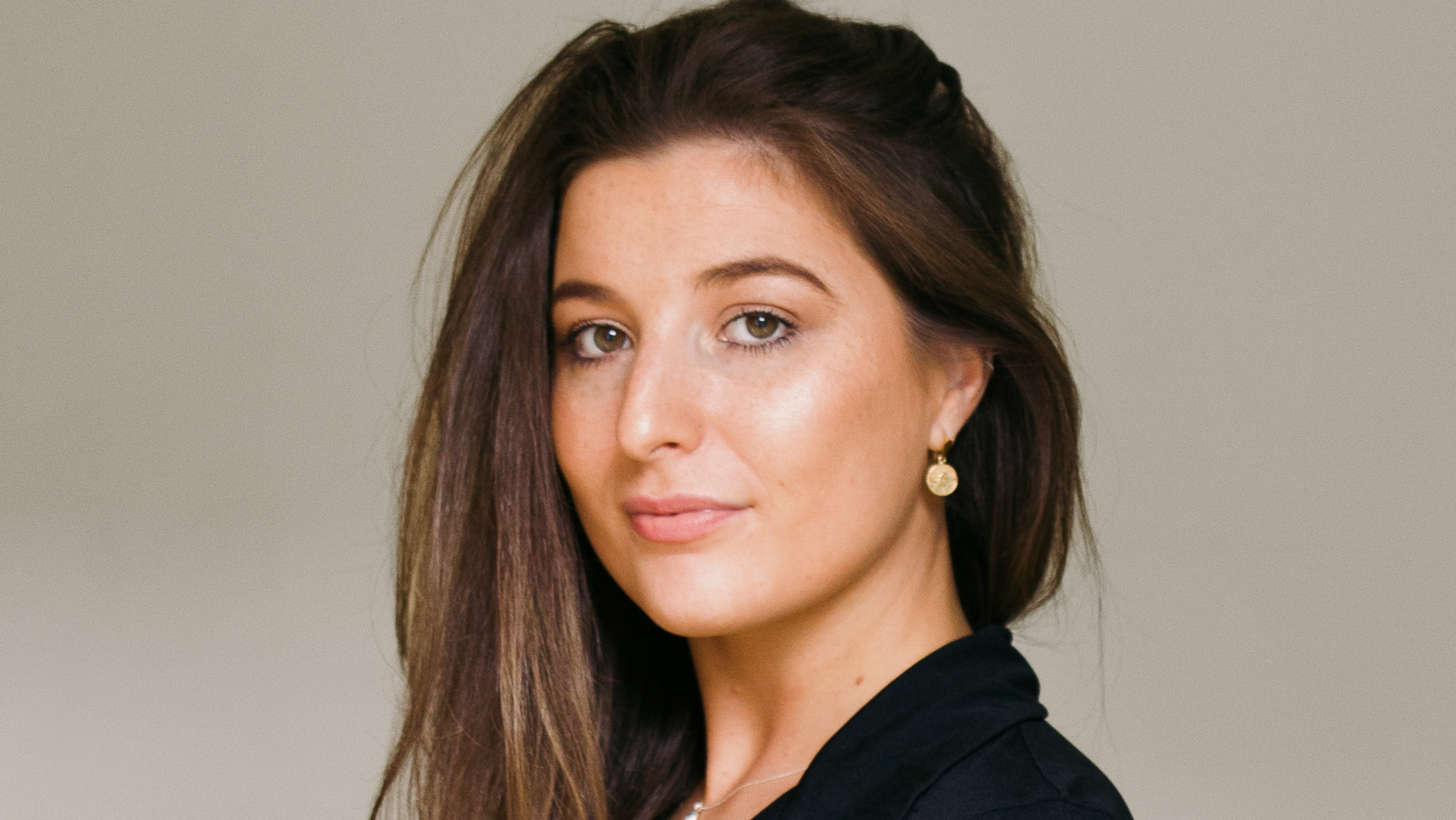
GPN Welcomes Alex de Valera as Sustainability Consultant

GPN introduces its very own sustainability consultant, Alex de Valera, hailing from Ireland. Alex has been working closely with Max Brady, of Bodacious (formerly Pull the Trigger), and together the two of them have put in many hours to bring sustainability into the film business in Ireland. They have begun implementing strategies that can be seen and felt on film sets and have helped create a culture of eco-awareness that can be transferred to production houses globally.
GPN introduce Alex to its family as she will be working more closely with the team to help attain a standard of sustainable productions within the GPN community.
Alex has a company, Ecoscope Ltd., which consults film productions on sustainability to help the production adhere to the newly formed sustainability requirements. Sustainability has become a pressing topic for productions of all shapes and sizes (from documentaries to commercials to feature films and everything in between). Major companies, such as Netflix and Sky, have now made climate-specific targets and pledges for their productions, and are heavily focusing on the future of our planet. In many regions, it has now becoming necessary to submit a sustainability plan and report to obtain funding for productions.
What does a sustainable production really look like?
Many of you are familiar with AdGreen and Albert. The feedback about both of these methods is that it is a workload that requires time and expertise to complete and can overburden a production team if not resourced sufficiently. However, this is a step in the right direction when it comes to having a standard in the film industry. There is not yet a global policy in place for sustainability in film, but Alex believes that it will be coming soon and that standards for best practices should be reinforced. The film industry alone generates an unbelievable amount of waste, which can be reduced through assessment, innovation, and creativity.
Alex also says that sustainability is not 'one size fits all'. A sustainable production in India is going to look very different than a sustainable production in Ireland. A three-day commercial is going to have different needs than a major feature film.
Alex stresses the importance of sustainability being brought in from the very beginning of the production because it’s something that affects every stage of the production and every job on the production. Sustainability needs to be thought through so that it can be maintained throughout the production. When she does an initial assessment she looks closely at the areas of waste, energy, travel, carbon emissions, and catering. In each of these areas, depending on film size, location, and budget, she works with pre-production (in the best case) on how to set up the film set sustainably.
The production company should have a sustainability strategy that's communicated to all crew. Their motto should be: “This is how we operate as a production company, this is our ethos, this is what we do to aid infrastructural development in our industry.” This is then a non-negotiable that is transferred to everyone involved in the film- from pre to post-production and catering.
An easy example of something that is seen daily on film sets is single-use plastic water bottles. Alex told the story of a production that was filming in Britain on a hot summer’s day and she encouraged them to have a water schedule planned in advance so that they could foresee how much drinking water they would need and to plan that in. Poor planning would mean quick trips to the store to buy single-use plastic water bottles for everyone. Taking it one step further, she suggests each crew member get their own water bottle at the beginning of production (and coffee cup) and use that throughout the production (and possibly return these at the end of the production). She also said that budget-wise little things like this can make a huge difference.
To counter this, a film production in a country that doesn’t have access to clean drinking water and must rely on plastic bottles for health reasons, is most likely approaching sustainability in other ways. For example, in some countries, they don’t use plates to eat off but have their food wrapped in banana leaves, so the impact is already less waste for this production. This reiterates Alex’s point that each production must be looked at individually to see how they are perhaps unknowingly already contributing to sustainability on their set.
For Alex, it is most valuable to have the producer on board with her from the start. If the producer understands the importance of having a sustainable film set, it makes communication much easier. Since sustainability is a relatively new concept, it is going to take time to catch on and for everyone involved to understand its importance. She describes it as a journey that needs to start somewhere. “A lot of the time you'll see companies looking at specific aspects and then realising that only certain aspects of their work processes are unsustainable. They set goals and this is what they work towards over the next five years.”
What’s important is that companies commit to taking action. For a long time, climate change seemed to be something that only happened in specific places in the world and didn’t affect us, but it’s quickly becoming something that has impacted each of our lives. We can no longer continue to live and work as we have in the past, nor can we wait for policymakers and industry to take action for us. To achieve 0% waste and carbon emissions, we must take responsibility upon ourselves.
Alex shared a great story about a woman’s collective, Props 360, in Ireland who did just that. The film community in Ireland is quite small and closely connected (and committed to sustainability). They realized that they were throwing away a lot of props after one use and they had no prop warehouse or place to get them. A group of women then got together and started a prop collective that rents props and receives donations from film sets, creating a circular economy. Sustainability comes in many forms.
When talking about sustainability, Alex says it’s like a tree, with the branches being 'people, planet, and prosperity'. The above story is a great example of the merger of all three. Alex believes that a way to achieve this for film companies is to work with a local start up or consulting firm specialising in sustainability for film. Many new ones are popping up around the world and it is worth investing in. For those countries that don’t yet have sustainable consultants but have team members who are interested in doing this, there are trainings they can take (also with Alex) to get a better understanding of how to bring this to their company.
We are excited to have Alex onboard with us and for her to share her knowledge and wisdom about the little and the big things we can all do to make our productions more sustainable. GPN places a high value on this as a part of our commitment to the planet and our future.















